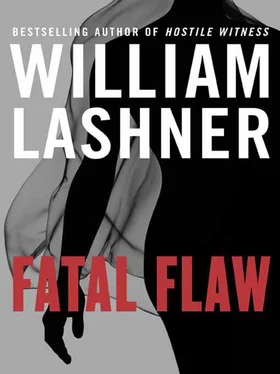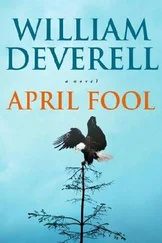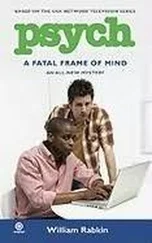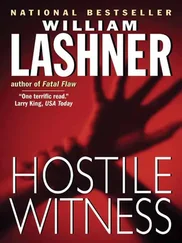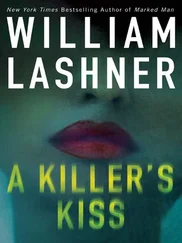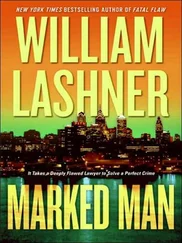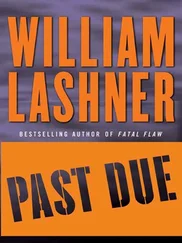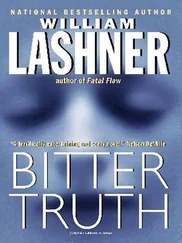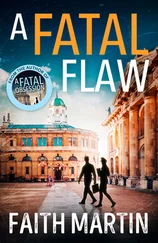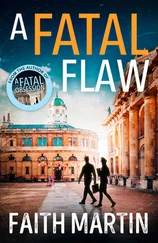I lost in the card game. Larry Cutlip was a gambler, hard-core, who was in it, I could instantly tell, not for the conviviality or the conversation but for the money. He wanted me in the game only as long as I swam like a fish, and so as a fish I swam. But I didn’t lose more than I could afford to lose, I hadn’t put myself through college playing poker against private-school boys without learning my way around a deck of cards. So I played, and I lost, and I kept my eyes narrowed as I watched. And what I saw across the green felt table from me was a glimpse of something evil.
You look at me aghast, as if I am saying it was Satan sitting across from me, but I tell you a man can be evil without cleft feet and a tail. What is it to be evil in this world? It is to have an unsubmitted will, to swear allegiance to nothing but the inner demons of one’s self, and to use every possible means to bend others to those same demons. Most of the people I see have given themselves over to some other good, to their children, their spouses, their friends or families, their business maybe, or their community or country, their people, their God. You, Mr. Carl, as a lawyer, have submitted your will to the workings of our country’s legal system. You, Detective Breger, have submitted your will to the pursuit of justice. Both of you, I assume, have submitted your wills if not to God then to the simple ideal of trying to do the right thing. The submission of will is the start of goodness. Matthew five, verse three: “Blessed are the poor in spirit: for theirs is the kingdom of heaven.”
I spent three years ministering in prisons, I’ve seen bad people up close, psychopaths with no conscience whatsoever, but still, in all my life I think I’ve only met three people with a completely unsubmitted will, three people whom I consider evil. One was the mother of a childhood friend, whose evil I recognized only upon reflection long after the friend had killed himself. One was in the clergy, believe it or not. And one was Lawrence Cutlip. It took me a while to see it, they all cleverly hide it behind a veneer of good intentions, but see it I did, and it sent shivers. Nothing existed to temper his desire. Whatever he wanted was right, whoever opposed him was wrong, everything he did was justified and proper, everything in this universe existed for the purpose of serving him. You could see it in the way he dealt with people, the way he dealt with problems, the way, finally, he dealt the cards. It was subtle, but not too subtle for someone trained to see the flip of the finger and the distinct sound of cards slipped from the bottom of the deck at crucial points in the game.
Before the father of the twins died, Cutlip had been a worthless drunk, surviving out of garbage cans and by petty thefts. Suddenly, in one tragic accident, he gained a house, a family, a certain amount of money, and still he talked about how he sacrificed his life to raise his sister’s family, how he suffered to raise them right. What he did on the surface seemed righteous, but there is always, in evil people, a desperate attempt to portray themselves as the souls of righteousness. And just as inevitably, whenever a portion of the evil slips from that false cover of propriety, they are quick to angrily blame someone else for the evil deed.
So I spent part of my time examining the inner demons of Lawrence Cutlip and being frightened by what I found. And I spent another part of my time reading a volume of the complete poems of a certain female author with whom at least one of the twins had identified. “ The world is blood-hot and personal ,” she wrote, and in every line there were expressions of anger, madness, despair. I am no scholar, and much of the poetry, I must admit, was indecipherable to me, but other of it was crystal clear. “ Dying is an art, like everything else,” she wrote. “I do it exceptionally well. I do it so it feels like hell. ” And still other of it caused in me a deep alarm. “ The child’s cry melts in the wall. ” I couldn’t stop myself from imagining the stifled cries of another young girl. There was one poem in particular that struck me. It was called “Daddy,” and knowing of the similar timing of the father’s death in the lives of Sylvia Plath and the Prouix twins, I seized on it immediately. The poem told of the author’s attempt to come to grips with the choices she made in the wake of her father’s absence, and when I read it as a clue into the mind of a fifteen-year-old girl, one line in particular seized me with terror. “ Every woman adores a fascist,” wrote the poet, “the boot in the face, the brute brute heart of a brute like you. ”
HAILEY WOULDN’Tmuch talk to me after my visit to her house. Oh, she still stopped by now and then, and we chatted, and she gave me updates on Roylynn’s condition at the home and of the fine things Roylynn had written about it, but there seemed to be something diminished about her. Everything about Hailey seemed smaller, her energy, her smile, even her size, everything but her sadness. Whenever I tried to steer the conversation to God or love or any difficulties in her own life, she turned our discussion in some innocuous direction. And whenever I tried to bring up her uncle, she said something bland and then quickly left. She had shut me out, whether because of what had happened to Roylynn or because of my new seeming friendship with her uncle, I couldn’t tell, but I could see that she still was troubled, and I understood that now more than ever she needed my help.
Then, suddenly, almost overnight, she changed completely. There was joy where there had been only sadness, and the dazzling smile was back. I commented on the transformation, and she smiled as young lovers smile, and I can’t tell you how happy I was to see it. Yes, me, a man of God, happy to see a lover’s smile on a young girl’s face.
“Tell me about him,” I said one afternoon.
“Who?” she said, though she knew whom I meant.
“The boy.”
“Oh, Reverend, I eat boys like…”
“Just cut out the act and tell me about him,” I said.
Her smile grew. “He plays baseball,” she said, “and he’s gorgeous, and I feel like, I don’t know, like I can actually talk to him.”
I had heard the rumors, and I assumed she was talking about Grady Pritchett. I didn’t like Grady, thought there was nothing to him except arrogance and entitlement, but I welcomed anything that got her out of that house, away from that evil. I was still worried about Roylynn, of course, but suddenly I felt hope for Hailey, as if she had finally escaped from a nightmare.
And then they found the body of the Sterrett boy in the lake at the belly of the quarry.
I WASN’Ta part of the official probe. I know you’ve already talked to the chief, and so I’ll let stand whatever it was he says about what they found and how they investigated. That wing of the Sterrett family were buried in our cemetery, but they were not members of our congregation, and so, beyond the normal sadness I have upon learning of the death of any promising youth, I didn’t think this much affected the Prouixs or me. But then I heard that maybe it was Grady Pritchett they were looking at as the killer. And then I heard that this Jesse Sterrett, whom I knew to be a good-looking boy, had been the best baseball prospect to come out of the county in fifty years. I knew then that Hailey was somehow at the heart of this tragedy, and I sought her out.
I looked for her at the house, the school, I asked her friends. No one knew where she was, no one had seen her. Up and down the valley I drove, searching to no avail while the bitter lines of the poetry I had been reading tied themselves into knots in my mind. “And I am the arrow,” wrote the poet, “the dew that flies suicidal.” On the spur of the moment I thought to check the quarry.
Читать дальше
